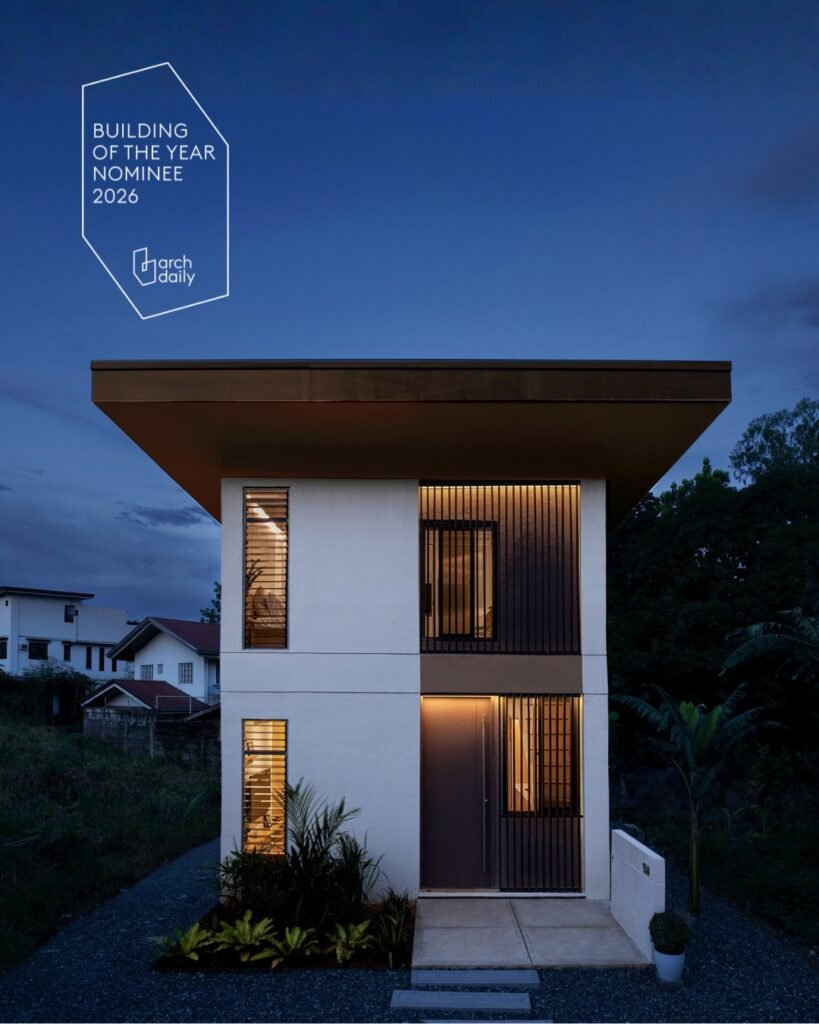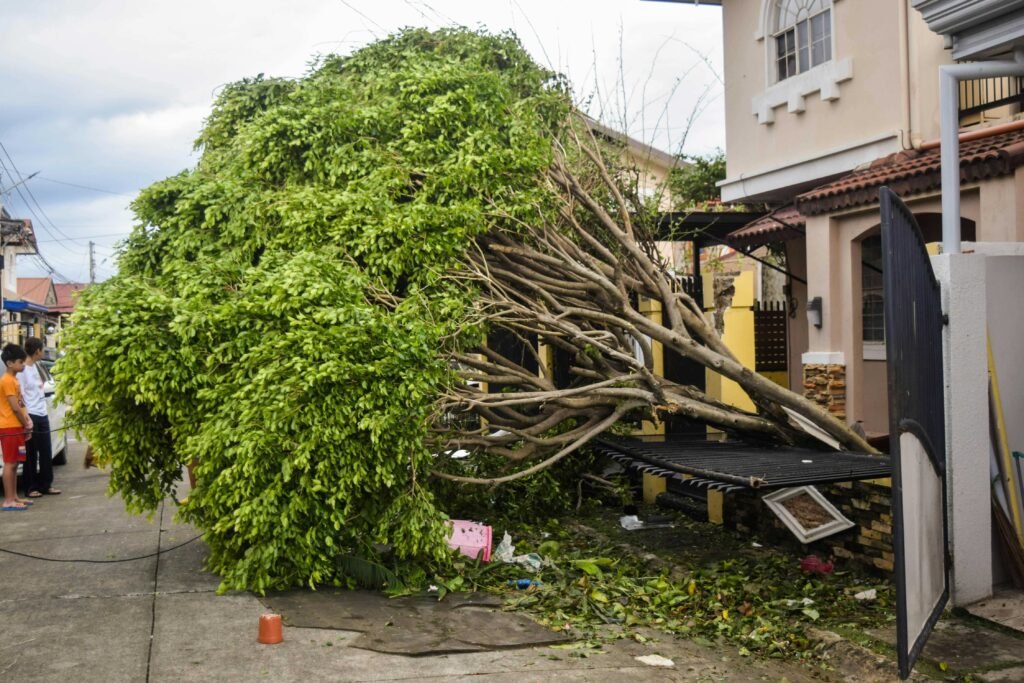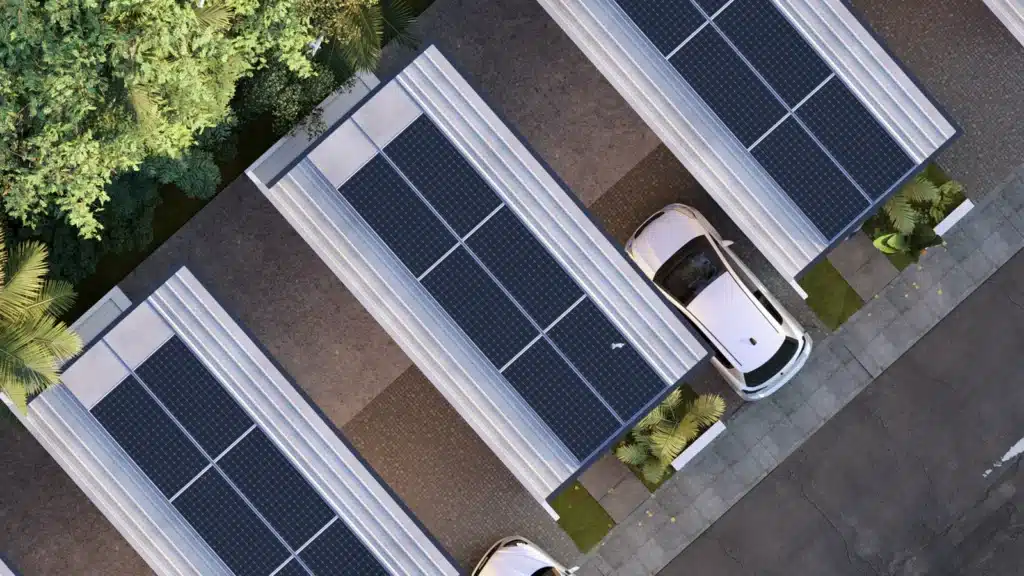Discover the transformative potential of integrating battery storage in Filipino homes alongside renewable energy sources like solar energy for a greener, more resilient Philippines with sustainable lifestyle practices.
A significant shift is underway within the Philippine residential energy sector. Across the island nation, a growing emphasis on sustainability is driving a movement towards renewable energy solutions. As climate change concerns escalate, Filipino homeowners are recognizing the necessity of adopting these technologies to achieve energy independence and environmental responsibility.
This narrative extends beyond the realm of simply adopting sustainable practices. It delves into the concept of redefining survival in the face of increasing environmental and economic challenges. Delve into the world of renewable energy in the Philippines, solar energy, battery storage, and smart energy management as we explore how these elements are converging to forge a greener, more resilient future for Filipino homes.
Unveiling the Current Energy Dynamics in the Philippine Archipelago
The Philippine energy landscape is as diverse as its myriad of islands, with a volatile mix of coal, natural gas, and an increasing emphasis on renewable energy sources shaping the nation’s power generation. Despite considerable strides towards sustainability, fossil fuels still dominate, posing significant environmental and economic risks.
Amid this backdrop, the wrath of nature, from typhoons to earthquakes, mercilessly tests the resilience of the Philippine energy infrastructure. The increasing frequency and intensity of these natural disasters underscore the urgency for robust solutions that can withstand the forces of nature.
Renewable energy in the Philippines, particularly when paired with innovative technology, emerges as a beacon of hope in this battle against the elements. In pursuit of sustainable energy, the Philippine government has laid down ambitious plans through its National Renewable Energy Program to bolster the share of renewables in its energy mix.
-
Goal: Surpass 15,000 MW of renewable energy capacity by 2030.
-
Approach: Comprehensive strategy addressing challenges and attracting private investment.
-
Targets:
-
75% increase in geothermal
-
160% increase in hydropower
-
Over 2,000 MW of wind
-
280 MW of solar
-
First ocean energy facility
-
Support: Subprograms for various renewables (geothermal, hydro, biomass, wind, solar, ocean) with industry services, resource development, research, and technology advancement.
-
Implementation: Policy and coordination to ensure proper execution of the renewable energy law.
Initiatives aimed at encouraging the adoption of solar energy and other green technologies are paving the way for a future where homes are not just structures but powerhouses of renewable energy. These efforts, coupled with an increasing awareness among Filipinos, are shaping a vision of a nation empowered by clean, sustainable energy.
The Imperative of Home Battery Storage
Specifically, the introduction of battery storage solutions to the Philippine market has revolutionized the concept of home energy resilience. For households that have long suffered power outages in the wake of natural disasters, the promise of a reliable energy backup system is nothing short of revolutionary. Battery storage allows for the safeguarding of excess energy, ensuring that homes remain lit and life goes on, even when the grid falters.
Moreover, in remote and off-grid areas of the Philippines, which are often the hardest hit by typhoons and have historically relied on expensive and polluting diesel generators, battery storage opens up a new vista of possibilities. This is also to unleash the potential for sustainable living and economic upliftment in some of the country’s most vulnerable communities.
However, embracing battery storage on a national scale entails navigating a labyrinth of cost considerations and market availability. While the upfront investment may deter some, government incentives and subsidies are beginning to tilt the scales. Additionally, the long-term benefits — from energy security to reduced reliance on fossil fuels — present a compelling case for Filipino homeowners pondering the switch to battery storage solutions.
The Rise of Home Energy Management Systems
In line with this, the Philippine landscape is ripe for the integration of Home Energy Management Systems (HEMS), a testament to the nation’s readiness to embrace the digital revolution in energy management. HEMS represents a quantum leap in how energy is consumed, offering households the ability to monitor, control, and optimize their energy use in real time.
Local innovation, fueled by a vibrant start-up ecosystem and supported by international collaborations, is driving the adoption of HEMS across the Philippines. These systems are not only making energy management more intuitive but are also laying the groundwork for an interconnected energy future where homes can generate, store, and even sell back energy to the grid.
Blending Renewables with Innovative Home Solutions
The Philippines, with its abundant sunlight and other renewable resources, is on the brink of an energy revolution. Solar energy, in particular, offers a path to not just sustainability but energy autonomy for Filipino households. Integrating solar panels with battery storage and smart management systems creates a synergy that maximizes the utilization of renewable resources, ensuring that homes are not only self-sufficient but also resilient against external shocks.
Thus, this challenges homeowners to reconsider their energy habits and contributes to a collective effort against global warming. Yet, for this vision to come to fruition, supportive policies and regulations are crucial. The Philippine government’s role in encouraging the adoption of solar energy and other renewables through incentives and streamlined processes cannot be overstated.
Your Role in the Renewable Energy Revolution
The journey towards integrated renewable energy solutions in Philippine homes is filled with both excitement and challenges. It requires a concerted effort from government bodies, private sectors, and individual households. However, the potential rewards — from mitigating climate change impacts to achieving energy security and fostering a sustainable lifestyle — make this an endeavor worth pursuing.
BillionBricks builds net-zero homes that are energy-efficient, self-sustaining, and affordable. If you have a project in mind or would like to use our home designs, we would love to hear about it and explore ways to work together. You may contact us here.
If you’re interested in exploring renewable energy further, check out this article: The Economic Benefits of Renewable Resources.
Resources:
-
Jonas Horsch et. al. A 1.5°C Future is Possible: Getting Fossil Fuels out of the Philippine Power Sector. Retrieved from https://climateanalytics.org/publications/a-15c-future-is-possible-getting-fossil-fuels-out-of-the-philippine-power-sector#:~:text=The%20Philippines%20is%20also%20one,of%20power%20generation%20in%202022.
-
Philippines’ Department of Energy. National Renewable Energy Program. Retrieved from https://www.doe.gov.ph/national-renewable-energy-program
-
Krees de Guia. Be a Net-Zero Hero: Simple Steps for Sustainable Living in the Philippines. Retrieved from https://billionbricks.org/updates/be-a-net-zero-hero-simple-steps-for-sustainable-living-in-the-philippines?rq=solar%20energy
-
Yun Hong. Battery Energy Storage Systems in Philippines: A Complete Guide. Retrieved from https://getsolar.ai/blog/battery-storage-philippines/
-
GridX. Home Energy Management Systems (HEMS). Retrieved from https://www.gridx.ai/knowledge/home-energy-management-system-hems
-
Energy.gov. Should I Get Battery Storage for My Solar Energy System? Retrieved from https://www.energy.gov/eere/solar/articles/should-i-get-battery-storage-my-solar-energy-system





